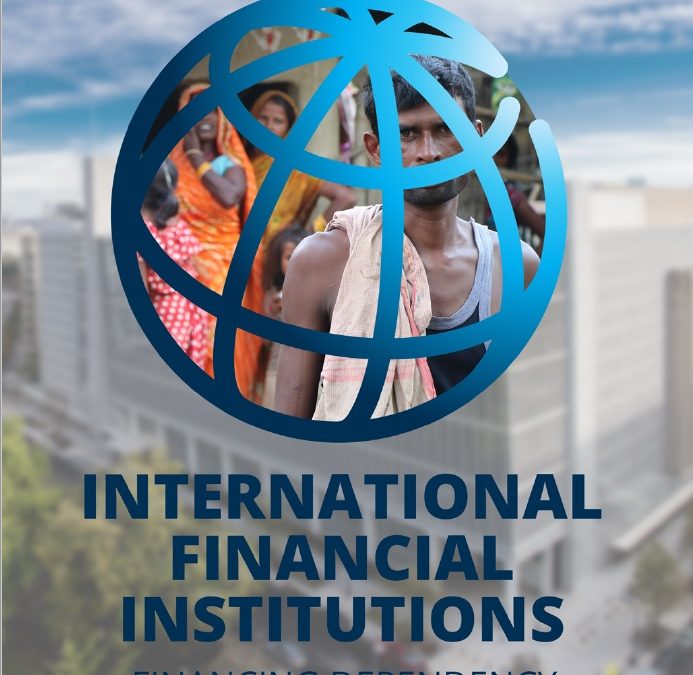Rising to prominence in the wake of World War 2, international finance institutions (IFIs) were formed by multiple countries, purportedly for economic cooperation for postwar reconstruction as well as regulating postwar debt payments between countries. But they have evolved into institutional mechanisms to establish global capitalist order and impose policies and programs that ultimately benefit developed countries that dominate these IFIs.
Rather than fostering mutual cooperation in an enabling environment of respect for each other’s sovereignty and progress, most IFI-funded projects have been documented to encroach on sovereign responsibilities, with donor countries indirectly hijacking the state functions of their recipients—from the provision of social services to the regulation of trade. This setup ultimately serves private interests of these donor countries’ elite in collusion with the local elites of the recipient countries.
By appearing to finance solutions to development-related problems of different countries, what IFIs have effectively done is finance the long-term dependence of recipient countries on donor countries. Through their creation of clientelist relations between donors and recipients, IFIs have through the years become instruments of these developed, donor countries to access cheap resources and expand their markets, thereby only contributing to the continued underdevelopment among these recipient or borrowing countries. In fact, according to IMF, the median ratio of public debt to GDP among low-income countries has risen to 47 percent in 2017, up 13 percentage points since 2013. This means that developing countries have only become more debt-ridden and debt-dependent despite the structural adjustment conditionalities imposed by IFIs on them.
DOWNLOAD International Financial Institutions: Financing Dependency Through Neoliberalism

